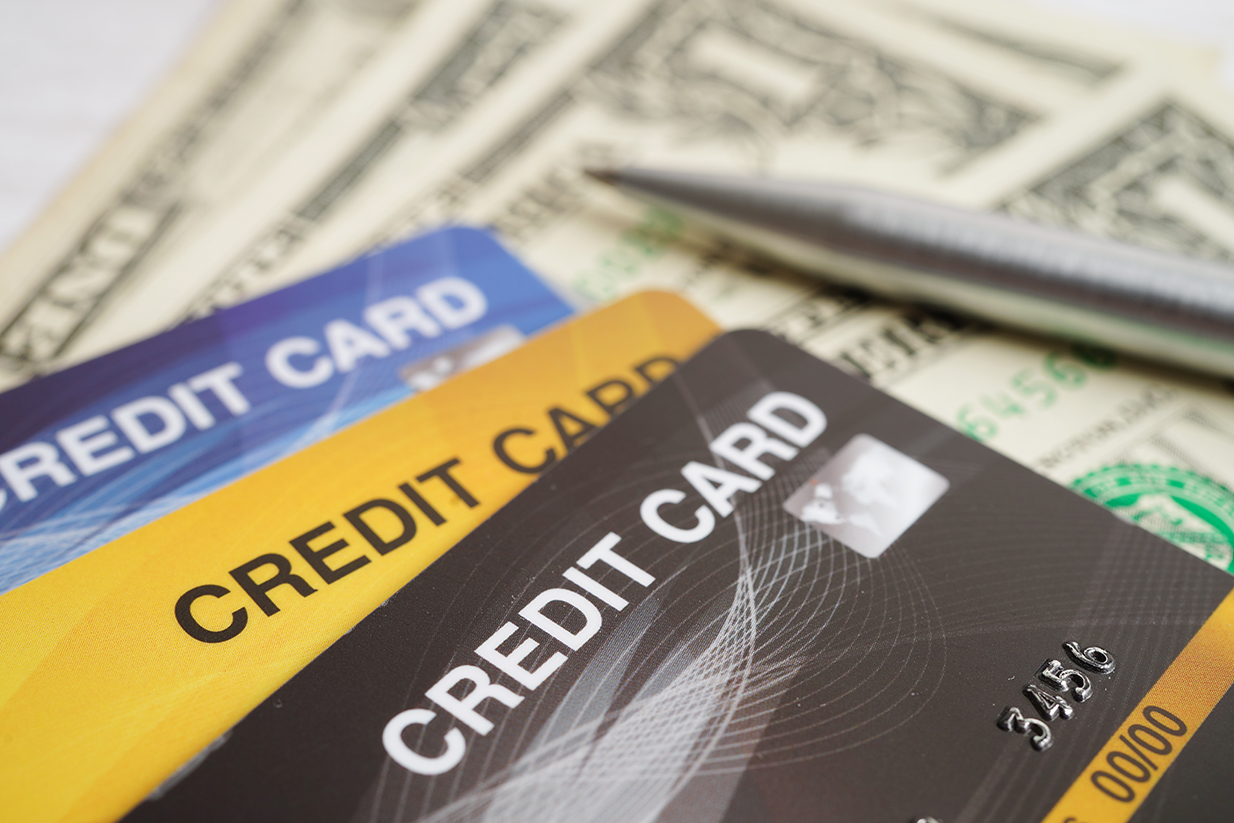
Credit Repair Merchants, Secure Better Payment Processing Capabilities
Aug 14, 2019
Credit repair merchants have the ability to help their customers move into new houses, buy new cars and secure business loans at reasonable interest rates. With 79% of American credit reports containing errors and almost half the population owning a credit score of less than 700, it’s easy to see why the industry is thriving.
Unfortunately, the actions of a few deceitful companies have left the industry’s reputation in tatters. Cases of fraud have caught the attention of national media outlets. Some have even dissuaded many processors from supplying merchant accounts and other payment solutions.
With confusion rife amongst customers about credit repair services, it’s worth taking a moment to assess the nuances of this industry if you are a merchant.
Credit repair merchant’s abilities depend on their jurisdiction
Many individuals falsely believe that all credit reporting, credit score and credit repair services are identical across states and country borders. In reality, how a credit repair provider operates depends significantly on their location.
There are similarities in methods of operation between American and Canadian credit repair merchants. The scoring system is the same. However, the credit reporting system is different. This means American credit repair merchants will struggle to render their services across the border.
The inconsistencies don’t stop there. Within America, while there are strict federal laws, there are differences between state’s approaches. For example, credit repair companies in Texas have to hold a $10,000 surety bond. By contrast, Montana state laws are more relaxed. For as little as $200, an entrepreneur in that region can start a credit repair business. Low start-up costs like these are one of the reasons this industry has fallen victim to so many fraudsters.
Credit repair industry tainted by high-profile fraud cases
Due to several high-profile fraud cases, the credit repair industry has been mired in controversy. One of the largest credit repair frauds of 2019 involved Grand Teton Professionals. Trading under several different names, they managed to extort at least $6.2 million out of their victims.
They accepted upfront fees for their illegal services under the Credit Repair Organizations Repair Act (CROA). And, they made false promises about being able to remove negative items and hard inquiries from their reports. Their transgressions didn’t end there.
Grand Teton Professionals routinely took payments from their client’s accounts without proper authorization. They advised their customers to file false identity theft affidavits and encouraged them to mislead lenders by claiming to be authorized users on other individual’s credit accounts.
This is just one of many cases uncovered over the last few years. It is no wonder that acquiring banks, alternative processors and other payment providers rate this industry as high risk. So, how can merchants offering credit repair services make themselves more presentable?
Compliance is key to succeeding in the credit repair vertical
As just demonstrated, compliance is becoming increasingly strict in this industry.
By adhering to both local and national legislation you can stand your credit repair company apart to both potential consumers and acquiring banks.
It’s important to remember the following to stay on the right side of the law:
- Don’t misrepresent your services (no false claims about what you will do for the client and definitely no promise of working and then not doing the work).
- You must provide a signed written contract between you and the client.
- Your clients have three days to cancel the contract.
- Charges cannot occur until services are rendered.
- Clients can sue and get refunded all money paid (plus legal fees and damages) if the credit repair organization is found to have violated the CROA with that consumer.
- State laws can’t change or render any of the CROA ineffective.
So, what products and services can credit repair merchants offer without falling foul of the law?
Since credit repair services tend to revolve around disputing negative credit entries, one way to operate is on a recurring monthly payment basis. This way you can charge for your services after completing only a small percentage of the required paperwork (e.g. document processing before sending dispute letters) has taken place. Not only does this adhere to the law, it makes you more attractive to payment processing companies and acquiring banks.
Rather than a one-time high-fee that a client may try and charge back after payment, you’re breaking services down into smaller monthly payments for basic administration tasks that are far harder to contest.
A different approach would be to create a valuable product first. This way you can charge up front in exchange for the valuable information created. For example, an e-book that discloses highly trusted and legal methods to improve credit scores. Of course, we recommend going to great lengths to not exaggerate or falsify any claims associated with any of the processes you include within the guide.
Payment processing methods for credit repair merchants
With the difficulties credit repair merchants have trying to find a payment solution, many turn to payment service providers for help. The most popular solution to handle transactions and hold settlements in the financial services business category is a merchant account.
Merchant accounts allow credit repair firms to take card payments directly from their website if they so choose. However, if call centers are a big part of your business, then your agents can benefit from the ability to manually enter a payer’s information into your payment gateway, which is generally a technological extension of your merchant account setup.
A merchant account (backed by a robust payment gateway) can give you the opportunity to easily set up recurring payments or even “swipe” a credit card in person. This is why we are big proponents of having the right CRM software installed in your back end. If it’s not flexible, PCI compliant and compatible with your payment provider’s system, technical problems and security risks could ensue. And, both have long lasting consequences.
Merchant accounts are not the only workaround to increase payment processing capacity for credit repair merchants. Automated Clearing House (ACH) and e-checks are also simple methods for accepting payments without requiring credit card information. Therefore, the level of risk is a lot lower. Once a client’s account has been debited for payment, chargebacks are much more difficult to issue through these channels. Consequently, they are excellent methods of building up your processing history in your bid to one day be approved for a merchant account.
Secure payment processing help from experts
Building capacity for payment processing in the credit repair and the wider financial services sector is difficult. High instances of frauds running into the millions of dollars have prompted acquiring banks and other payment providers to distance themselves from this industry. However, it’s very possible to create a thriving business by staying within the laws of your particular jurisdiction. Also, there’s openness to conceiving more innovative pricing models and products.
Merchant accounts, ACH and e-checks all give you alternative options as a credit repair merchant to build up your processing history, making your organization much more likely to succeed.
However, trying to secure all of these payment solutions for your credit repair business on your own can be challenging. This is why credit repair merchants outsource their payment strategy to an expert team like DirectPayNet. We don’t stop until we get you competitive rates and help with managing refund, chargeback and other fees. So, make sure to get in contact with our team to see how we can help you today!




